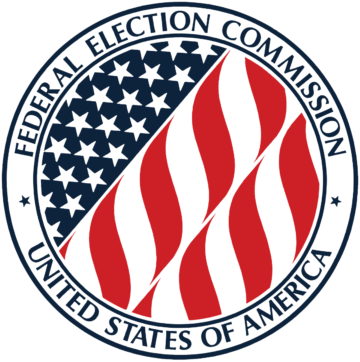Citizens for Responsibility and Ethics in Washington (CREW) sued the Federal Election Commission (FEC) in an attempt to force Crossroads GPS, a conservative advocacy nonprofit, to disclose all contributors who give more than $200 per year to the organization. Judge Beryl A. Howell rejected that demand in a 113-page opinion, ruling that only donors who gave for “political purposes” must be disclosed. Nevertheless, CREW is now falsely saying it got all that it wanted – and mischaracterizing Judge Howell’s ruling in the process.
What Judge Howell called CREW’s “erroneous view,” is that “identification of all contributors over $200” is required under the law. (Emphasis in original.) In reality, Judge Howell explained, “only those donors contributing over that threshold amount for political purposes to influence any federal election are covered.” (Emphasis added.)
The ruling was nonetheless a significant partial victory for CREW. (Our analysis of the decision is available here.) The court agreed that the law requires more disclosure than FEC regulations had required. Previously, non-PACs had reported only donors who give to fund a specific independent expenditure (IE) communication. Under Judge Howell’s ruling, any donor who gives funds to support any independent expenditure for one or more clearly identified candidates must be disclosed.
Figuring out what all this means in practice will be complicated, but the one thing that is absolutely clear is that nonprofit groups making IEs do not need to report all donors above $200 to the FEC.
Yet CREW has been wrongly asserting that its “erroneous” argument prevailed. Describing the effect of the ruling, CREW writes, “effective immediately, anyone making more than $250 in express advocacy ads – ads that tell viewers who to vote for or against – must now disclose the identities of all contributors who gave more than $200 in a year.”
This is a remarkable error to make for anyone who has read the opinion, much less a party in the case. Another passage in Judge Howell’s ruling similarly rejects CREW’s argument that all donors above $200 must be disclosed. On page 96, the judge wrote, “the identities of contributors to both the NRA and the Sierra Club for ‘those organizations’ general programs’ need not be identified; only those non-trivial donors contributing to fund those organization’s political efforts in federal campaign and independent expenditure activities are required to be disclosed.”
Regrettably, despite these clear passages, CREW’s mistaken interpretation of Judge Howell’s opinion has seeped into media coverage. Numerous press reports indicate that the case would force disclosure of all contributors over $200 to nonprofit groups that make IEs. This is simply wrong, as the quoted portions of Judge Howell’s opinion make clear.
The uncertainties around CREW v. FEC have created a legal minefield for independent speakers and a chilling effect on speech. The risks to speakers will be amplified if others are misled by CREW’s mischaracterization of its own case. At a minimum, media reports should look beyond the plaintiff’s press releases and dig into the actual ruling.
IFS warned after Judge Howell’s ruling that we were “concerned that the decision may not receive the attention it deserves or, more troublingly, be read broadly to chill independent speech.”
Unfortunately, so far, our predictions have been correct.














